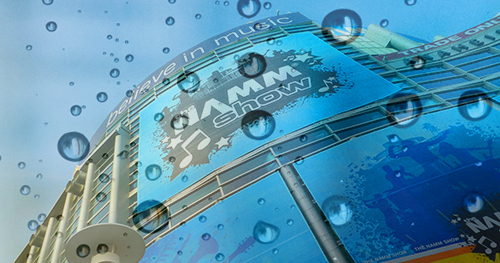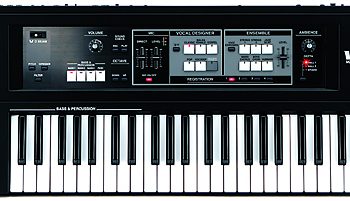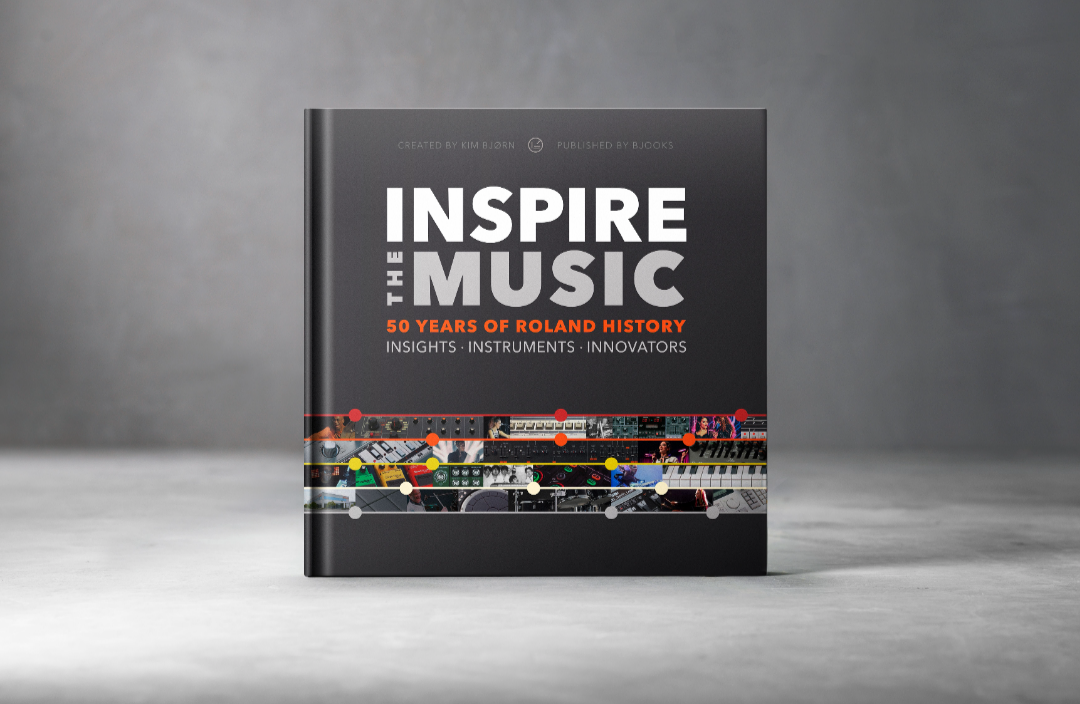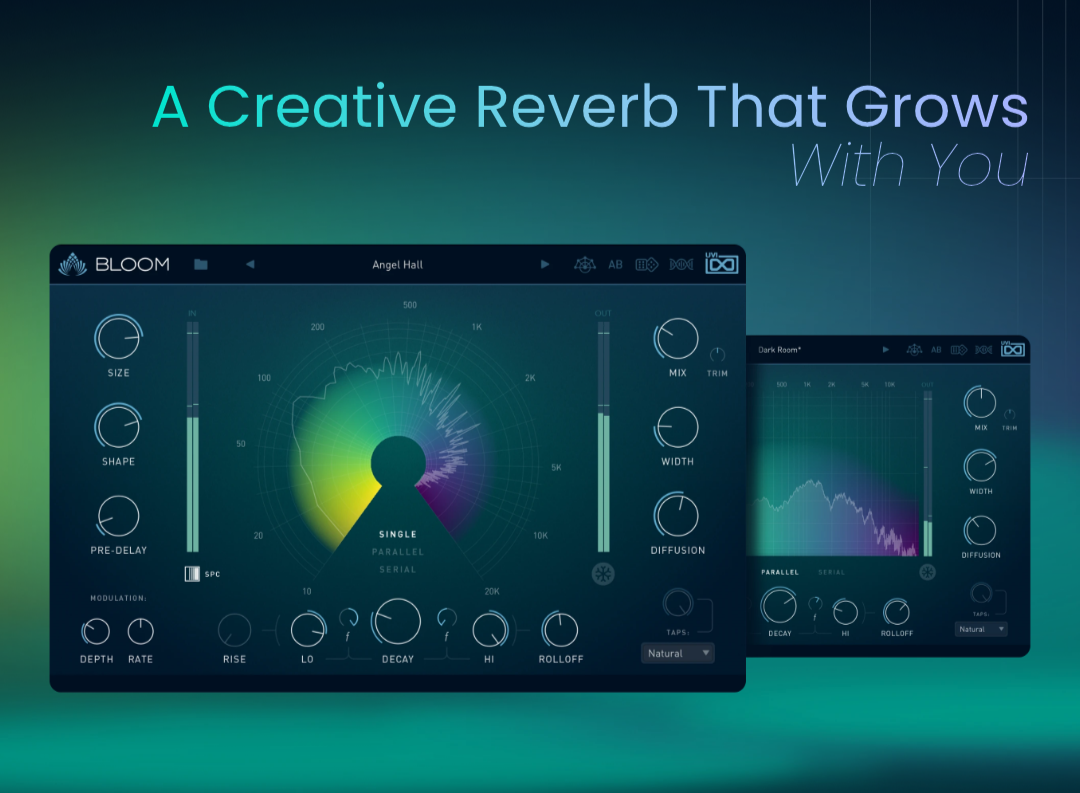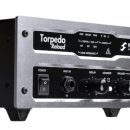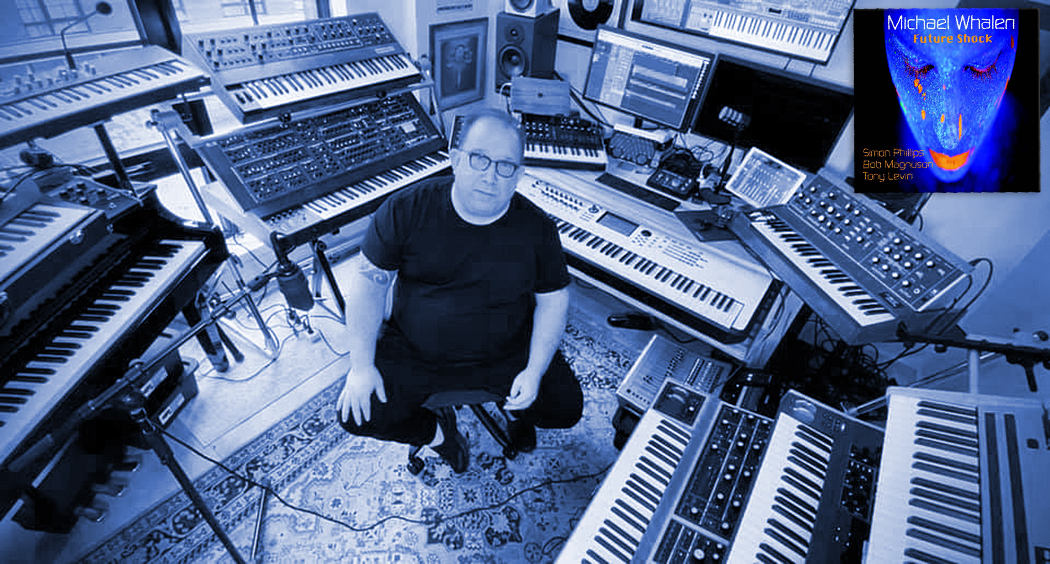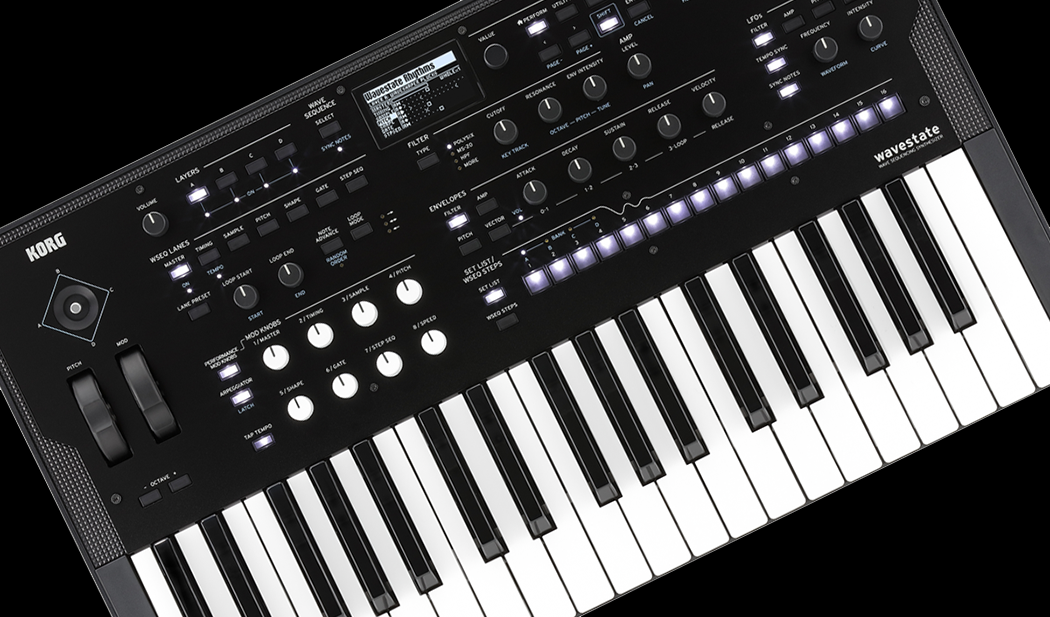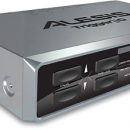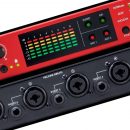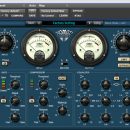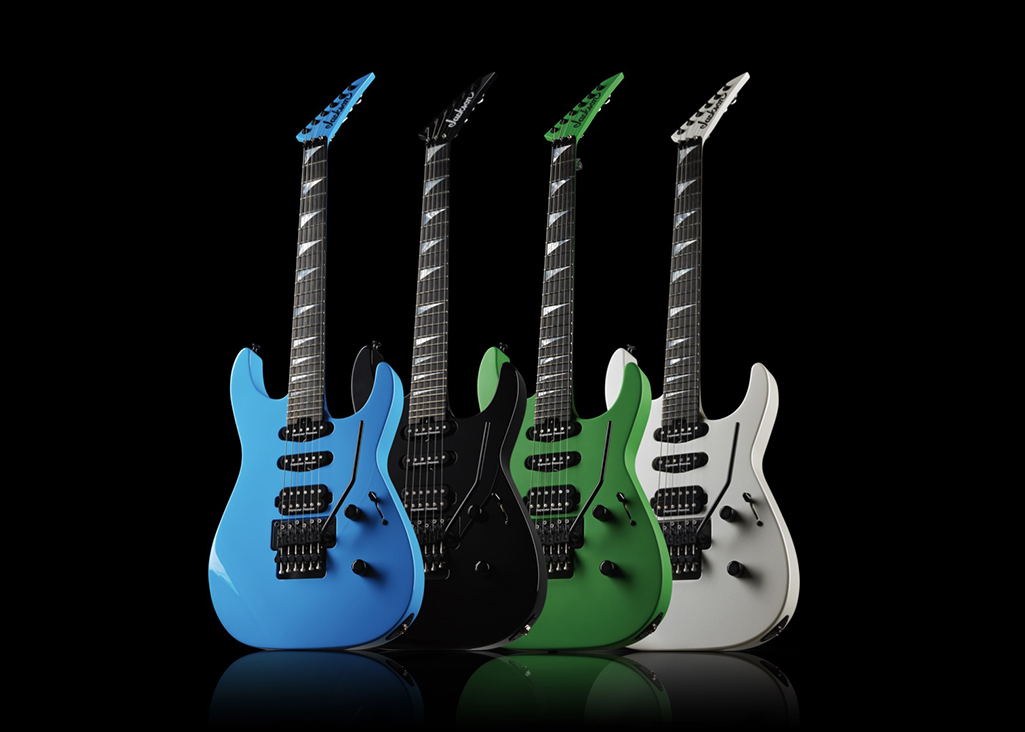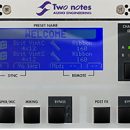Akai Professional
The classic MPCs were standalone music production units, but more recent models have been hardware/software hybrids, meaning they required computer connectivity for operation. That is not the case with these two models, which combine modern features with standalone operation.
The flagship MPC X has a multi-core processor and runs MPC Software 2.0 (this can also operate as a plug-in or standalone application on your PC/Mac. The MPCX has a 10.1-inch multi-touch screen and sixteen velocity- and pressure-sensitive RGB pads. There are also dedicated menu buttons, a large master encoder knob, and sixteen touch-sensitive, 360-degree, assignable pots (Q-Links) with adaptive OLED displays. There are multiple connectivity options as well: a 2-in/4-out MIDI interface, comprehensive audio I/O, and eight CV/Gate outputs!
If your needs are more modest, Akai also released the battery-powerable MPC Live. It includes a 7-inch multi-touch screen, sixteen velocity- and pressure-sensitive pads, four touch-capacitive Q-Link controls, and a large, clickable, master encoder knob. It starts with an exapandable 2GB of RAM and 16GB of onboard storage. You get a 2-in/2-out MIDI interface, two selectable audio inputs (RCA and balanced 1⁄4-inch jack), and six configurable 1⁄4-inch jack outputs.
Both are expected to be available in the first quarter of 2017.
—JB

 Behringer
Behringer
No, that’s not a typo. Behringer is really making synths, and they are off to one heck of a great start! Although we had been following the hype and read the early SOS review, we still didn’t know what to expect when it came time to actually put our hands on the DeepMind 12, and we came away with a favorable first imression. Here’s a rundown for you: 12-voice analog synth with 49 keys. While it proudly displays the Roland Juno-106 inspiration it was purported to have stemmed from (check out the sliders), that core was just the starting point, as it’s more powerful: two DCOs and two LFOs per voice, noise generator, unison detune, VCF, HPF, three ADSR Envelopes, eight-bus modulation matrix, 32-step sequencer, four digital effects engines, USB, MIDI In/Out/Thru, built-in Wi-Fi and remote control via an iPad running an editor app.
One unique and groundbreaking feature is that the synth utilizes Microsoft’s Hololens technology, allowing you to use Augmented Reality as an interface! Basically, you wear a visor which projects holographic images onto the surrounding environment (unlike virtual reality which puts you into a completely new environment). We saw a demo of this at NAMM, and it was interesting seeing projected lines and polygons in the air changing parameters in real time when they were “touched.”
Interestingly, now that the Musik brand owns so many partner companies, the DeepMind effects are curated from TC Electronic, Midas, and Klark Teknik Technolgies, plus reverbs from the Lexicon 480L. If all of this tech came with a $2,500 price tag, we would have found it interesting at the very least. But debuting for only $999, you’d be hard pressed to find as much bang for the buck in a synthesizer, analog or otherwise. We look forward to reviewing one of these soon.
—JB

Video courtesy of MusicPlayers.com
 Dave Smith Instruments
Dave Smith Instruments
Every year we show up at Winter NAMM and ask ourselves, “What will Dave introduce that separates the cash from our wallets?” This year, the REV2 keyboard handily won us over. It’s an update of the Prophet ‘08 (reviewed here), and Dave took that awesome keyboard over the top with his updates. At its core, you’ll find the same sound engine as the classic ‘08 (you can even load your existing ‘08 sounds right into it), but now… polyphonic doubled to sixteen voices, a more complex modulation matrix, waveshape modulation for all of the waveforms, digital effects that can be applied to each of two sound layers (either split or stacked), a polyphonic step sequencer, and an internal PSU (the original keyboard used an external wall wart). Priced at only $2,000 (don’t bother with the eight-voice version for $1,500, because hey, this is sixteen analog voices), this provides a great sonic alternative to other synths in the family, but with all of the modern updates that those synths have benefited from over the past decade. Oh… and did we mention that it has a full, 61-key keyboard?
—SK

Video courtesy of MusicPlayers.com
Elektron
Digitakt is a new digital compact drum machine from Elektron. Available April 2017, there was only a prototype at NAMM, but it appears to be an interesting machine. Digitakt feaures include eight internal audio tracks, eight dedicated MIDI tracks, one multi-mode filter per audio track, one assignable LFO per track, delay and reverb send effects, sampling capability, 64MB sample memory, 1GB+ drive storage, two ¼” inputs and two ¼” balanced outputs, one USB 2.0 port, MIDI In/Out/Thru ports, and Overbridge support.
Overbridge is an interesting technology that enables Elektron instruments to operate as DAW plugins, and even allows DAW tracks to be processed through the Elektron hardware. This technology also allows multiple Elektron devices to be interconnected directly to process each others’ output.
—JB

KORG
There was plenty to be excited about at the KORG booth, starting with ARP Odyssey synths that now include full-sized keys, while the multi-colored Monologue delivers true analog, mono-synth capabilities in a compact package that also featured full-sized keys. Korg also hinted at a fabulous new stage piano, the Grandstage, which incorporates some Kronos-caliber sounds (and seven sound engines) in a typical stage-ready format, with a fully weighted keyboard. It was just a prototype, though, so don’t expect to see it hitting the streets just yet.

But even more exciting perhaps (for some of us) was news from the Kronos camp. Last year saw a limited Platinum colored keyboard, while this year saw a limited Gold edition. But we were most thrilled by the almost-missed-it Kronos LS, a version of the 88-key Kronos 2 now sporting a synth-action keyboard and weighing fifteen pounds less that almost wasn’t going to be released in the USA at all.
—SK
Pioneer DJ/Dave Smith Instruments
The Toraiz AS-1 analog monosynth is an interesting collaboration between Pioneer and Dave Smith Instruments. You are getting essentially a single voice of the analog Prophet-6 synthesizer, with 495 presets (and an additional 495 user sounds), dual effects, 64-step sequencer, a touchpad-style keyboard, arpeggiator, slider, and an OLED screen. You can connect the Toraiz AS-1 to the Toraiz SP-16 sampler via MIDI and use the sampler’s sequencer for interesting rhythms. Together, the two TORAIZ instruments can be connected to a DJM mixer via Pro DJ Link and MIDI. It will be available in March of 2017 with a US MAP of $499. Not into the whole DJ thing? Nobody’s stopping you from using this as a cool, lower-priced, Dave Smith monosynth!
—JB

Radial
Radial’s new Key-Largo is an awesome keyboard mixer and computer digital audio interface built into a rugged metal footswitch enclosure. There are three stereo input channels plus a fourth USB audio input channel for your computer, and all four channels can make use of an effects loop, useful if you have a few vintage keyboards and want them to all share your classic BOSS CE-1 chorus pedal or wah pedal, for example.
There are two sets of outputs (front-of-house and monitor send), and MIDI In/Out jacks that can be used with your computer via the USB interface, which provides MIDI in addition to audio. One footswitch provides sustain pedal capabilities (you plug it into any of your keyboard’s sustain pedal input jacks), and the other bypasses the effects loop.
—SK

Video courtesy of MusicPlayers.com
 Radikal Technologies
Radikal Technologies
German boutique synth builder Radikal Technologies was on hand to show off some awesome Eurorack modules. The RT-451 Dual Multimode Filter does just what the name suggests, and its tone goes from warm vintage to modern aggressive. No matter how you dial it in, this thing sounds HUGE, with low end that you could feel hitting you in the gut… and that’s just at NAMM-show regulated volume!
Partner the RT-451 with the RT-311 Swarm Oscillator and you can generate duophonic voices, or just use this one on its own. The internal LFO can can be controlled via external voltage if desired. Oscillator cloning enables the RT-311 to generate up to sixteen oscillator voices at once, and each can be detuned or pitched. It is easily controlled from step sequencers, and onboard memory for up to eight snapshots is extremely useful.
The new RT-1701 Effexx multi-effects processor features reverb, delay, chorus, phaser, flanger, tremolo, vibrato, and filter effects, plus a gain stage with saturation. You can use up to two effects at once, save up to eight snapshots, and control settings via external control voltages. Happy noise making!
—SK

 Roland
Roland
Roland wowed us with the RD-2000, a fantastic, high-end stage piano with full master MIDI controller capabilities. Sporting a fully-weighted, PHA-50, progressive hammer-action keyboard with escapement, real piano feel joins a host of fantastic on-board sounds from modern, sampled grand pianos to organs to recreations of vintage keyboards, synths, brass, strings, and more (electric pianos include the RD-1000 and MKS-20). There’s a SuperNATURAL-based sound engine inside with 128-voice polyphony, so this keyboard is no slacker. Nine sliders provide virtual draw bars, and eight zones per setup make this a formidable MIDI master controller for your rig.

We also got our first listen to the System-8 synthesizer with the now-available Juno-106 plug-out and loved it. We will publish reviews of each of these keyboards soon.
—SK

Roli
Essentially a small square with multicolored lights, the Roli Lightpad Block is touch sensitive and features a responsive glowing interface that puts control at the end of your fingertips. These are able to link to an unlimited number of other blocks to let you switch between different octaves and scales. The ROLI lightpad block enables you to create drum beats, melodies, and just about anything you can think of. There’s even a fader mode to use with your DAW.
Custom sound packs are available, providing quite a palette to choose from. The ROLI Live Block, an expansion option, provides you with eight button controls and a two-button transport control for quick access to parameters. The Roli Loop Block is another expansion unit that provides you with a range of looping controls.The Loop Block can be operated wirelessly, so you can arrange it anywhere in your Block setup.
—JB

UVI
We recently reviewed the very powerful virtual instrument/host, Falcon (see here), and now UVI has released a few new sound collections that work within Falcon, the UVI workstation (free), or as standalone instruments. World Suite is a comprehensive collection featuring over 320 instruments and 8,000+ loops and phrases from all over the world. Browseable by both instrument category and geographic region, World Suite represents a multi-year development comprised of over 50,000 samples. Phrases and loops can be dragged and dropped into your DAW, and each instrument allows sculpting EQ and filter options. We were given a demo of the Suite, and were quite impressed with the sound quality and variety. We hope to get our hands on this soon! It sells for $299.
—JB

Yamaha
While Yamaha was not showcasing any new synths per se, they were unveiling the new OS (1.5) for their flagship synth, Montage. Features include a new rotary speaker effect and organ performances, new Motion Sequences (as well as more ways to route and control things), an improved Live Set management system, improved backup management (you can now save everything in the Montage to a single file), MIDI scene control, and perhaps the thing we thought was most interesting, an improved Auto Beat Sync.
Simply, there is an input on the Montage that “listens” for tempo changes—from a loop, music source, or your live drummer—and then stays on the beat and adjusts when there are tempo changes. There was a live demo of this at NAMM (which unfortunately we missed), but from all reports, it was quite impressive! Yamaha also released a Rhodes Chick Corea library for the Montage that will be available—for free, later this year, as well. Given how much we liked the Montage (review here) in its first release, this will only make a great synth even better!
—JB


